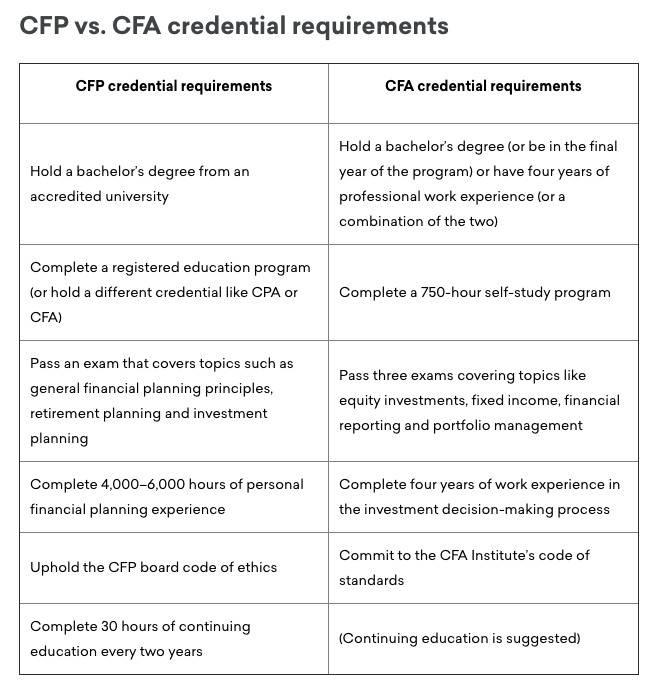
Counselling psychology focuses on helping people overcome mental health issues and improve their emotional wellbeing. It is an area of psychology where a customized formulation is used to address problems such as social issues and personality disorders.
The counselling psychologist does not give psychometric tests to clients, such as IQ and personality assessments. Instead, they use talking therapy techniques and interventions in order to help clients work through their feelings and relationships.
In their practice, they also take a person-centred perspective and work closely with their clients to understand both their needs and feelings as well as the goals of their counselling sessions. The knowledge they have gained about mental health and wellbeing is applied in a variety of settings, including schools and workplaces as well as private practice and hospitals.
It can be difficult to tell the difference between psychology and counselling. However, it is essential to know what each profession entails to make an informed decision. Both these professions can be a good match for those looking to help others with their expertise, skills and qualifications.

A counselling psychologist works with a wide range of patients from infants to senior citizens, with mental, behavioural, and physical health concerns. The psychologists can assist with a wide range of issues, from addictions to PTSD and chronic illnesses.
They have extensive training in understanding a client's diagnosis and the medical context of their symptoms. Other healthcare professionals can also help them develop a comprehensive treatment plan.
In many states, psychologists cannot prescribe medications. They may consult psychiatrists about treatment plans.
Some counselors offer specialized services, such as child, youth, and family therapy. They use psychotherapy and counseling to help an individual develop in social, inter-personal, emotional and spiritual development.
There are a variety of ways you can become a counsellor psychologist. The most common route to becoming a psychologist is by earning a Bachelor's Degree in Psychology or a closely related field. You can go on to do a master's. Some master's programmes are research-focused while others are clinically focused.

You can also get a doctorate of psychology in counseling. A doctorate focuses more on advanced research and training. Most states require a doctorate to be licensed as a counselor psychologist.
The requirements for each of these degrees may vary from state-to-state. A Master of Psychology for example can be completed in up to four year.
It is similar to counselling in that it focuses on current and future goals and uses similar techniques. The main distinction between coaching and counseling is that one is more geared toward nurturing strengths, while another is more geared towards addressing weakness.
Both professions offer rewarding careers, and they will directly impact the lives of people you serve. You can improve the lives of your clients, and their families.
FAQ
What is a relationship life coach?
A relationship life coach helps you develop the skills needed to build strong relationships by providing support, advice, coaching, guidance, education, training, and mentoring.
They help to make sense of yourself, the world around you, and what other people think of you. They are there to support you when and where you need them.
A relationship coach understands self-care is important and will encourage clients to find things that make their lives happy.
Relationship life coaches have a wide understanding of human behavior. This allows them to quickly identify problems and react accordingly.
Relationship life coaches can be used at any stage of your life, whether it's starting a new relationship, getting married, having kids, moving house, changing jobs, going back to university, dealing with bereavement, transitioning to parenthood, coping with financial difficulties, planning a wedding, buying a home, leaving an abusive relationship, managing conflict, overcoming addictions, improving communication skills or finding inner strength.
How long does it take for results to begin?
Although you might not see immediate results after therapy begins, you will notice improvements in a few weeks. The more consistent you are with your new lifestyle, the sooner you'll notice changes.
You might notice a reduction in stress and feelings of confidence, as well as greater peace and tranquility. These are just two examples of how changing your thinking can help improve your life.
What is the difference of life coaching and counseling?
Counseling focuses on helping clients resolve issues related to personal problems, while Life Coaching helps them develop skills for success in all areas of life.
Counseling is an individual service where you meet with a therapist who helps you solve specific problems.
Life Coaching allows you to connect with fellow peers to support each other in their personal growth.
Life coaching is often done online or over the telephone, while counseling is more common face-to-face.
Coaching for life focuses on helping you develop skills and positive habits that will help you achieve your goals. Counselors often focus on solving current issues.
The main difference between life coaching and counseling is that counselors help with problems, while life coaches assist you in moving beyond those problems and creating a fulfilling life.
Statistics
- Life coaches rank in the 95th percentile of careers for satisfaction scores. (careerexplorer.com)
- This also doesn't mean that the give-and-take in a relationship is always 100% equal. (verywellmind.com)
- People with healthy relationships have better health outcomes, are more likely to engage in healthy behaviors, and have a decreased mortality risk.1 (verywellmind.com)
- If you expect to get what you want 100% of the time in a relationship, you set yourself up for disappointment. (helpguide.org)
- According to a study from 2017, one of the main reasons for long-term couples splitting up was that one of the partners was no longer showing enough affection and attention to the other. (medicalnewstoday.com)
External Links
How To
How to become an Life Coach
Becoming a life coach is one of the most popular questions asked online. There are many options for becoming a life-coach, but there are some steps you must take before you become a professional life coach.
-
Discover what you are passionate about. Before you can start any career, it is important to know what your passions and interests are. If you don’t know what you are interested in, coaching can be very simple. Before looking at different options, think hard about what makes you interested in this field. If you feel that you want to help others, then learn how to become an life coach.
-
Plan and set goals. Once you know your goals, you can create a plan. Start learning about the profession and read books about it. Write down everything you learn so that you can refer back to them when needed. Do not rush to accomplish your goals without having a clear vision. Set realistic goals you can reach in the next few decades.
-
Be patient. Becoming a life coach takes a lot of patience and dedication. The first year of coaching is the most difficult. After your initial training, you may spend as much as 2-4 hours per day working with clients. This will mean that you'll be working long hours and weekends. If you are passionate about what you do, you won’t feel tired even if it takes you 14 hours per week.
-
Get certified. You will need to be certified by a recognized organization like the NLP Certification Institute (NLCI) in order to become a licensed coach. Your certification will increase your credibility and open doors to other opportunities.
-
Network. Don't forget to develop relationships with other coaches and experts in the field. Learn from other coaches and seek their advice. Coaches who have enough experience will be able support others who are just starting their journey.
-
Continue learning. Never stop learning. You can read books, articles, or blogs on the subject. Learn more about psychology and communication.
-
Positive thinking is key. Negative coaching is one of the biggest mistakes new coaches make. It is important to remember that success in life coaching requires a positive attitude. Your words and actions will reflect back on you. Keep an optimistic attitude and smile!
-
Practice patience. The first year of being a life coach is often the most difficult. Take breaks now and then and remind yourself why you decided to become a life coach in the first place.
-
Enjoy the journey. Yes, it may seem like a never-ending road ahead of you, but the rewards far outweigh the challenges. You'll make amazing friends and you'll also gain personal growth.
-
Have fun. Enjoy the ride. Have fun.